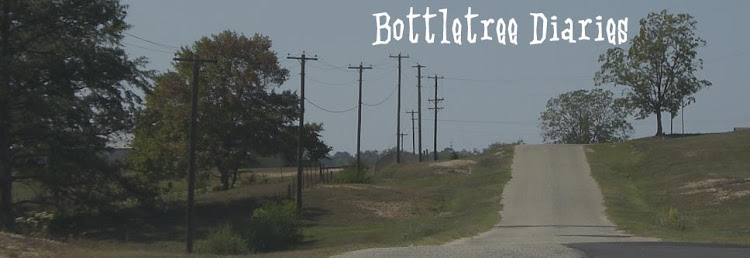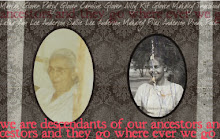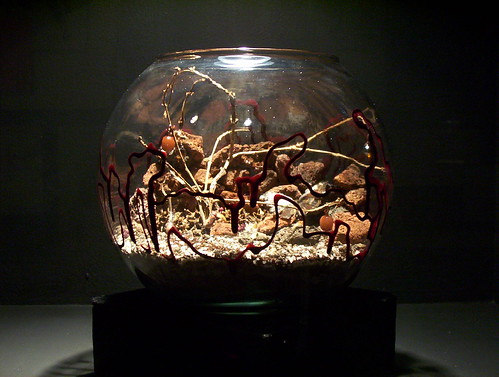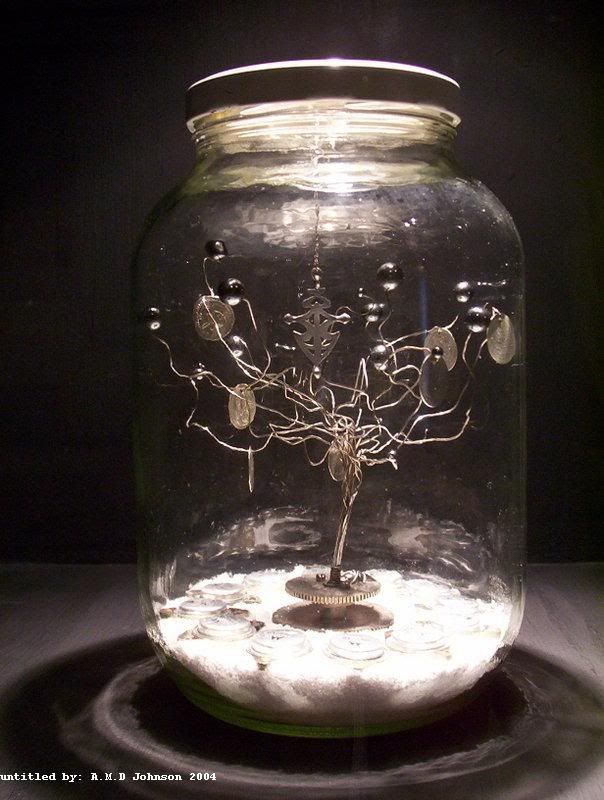Thanks uncle. somebody with some sense of the truth speaks. THANK GOD.
Glad to see southern cloth speaking out against this stupid ass shit.
A vocal minority of Cherokee Nation votes to reject tribal black Freedmen
By ALBERT BENDER
Tennessee Voices
Oklahoma Cherokee voters recently revoked the tribal citizenship of the Cherokee Freedmen — descendants of African slaves and free blacks, who have lived in the Cherokee Nation since before the Civil War and many since the 18th century.
But tribal policy is often determined by a few registered Cherokee voters who don't hold Cherokee values, and this vote is a clear example.Out of 45, 000 registered Cherokee voters, only 8,733 cast ballots (6,693 in favor of citizenship revocation and 2,040 against). Thousands of full-blood and high-blood quantum traditional Cherokees don't participate in Cherokee Nation politics. The overwhelming majority of registered Oklahoma Cherokees are of minimal blood quantum (some as little as 1/2,000) and are, by physical appearance, white, and they control the Cherokee government at will. This election stemmed partly from a Cherokee Supreme Court decision in March 2006, which declared that Cherokee Freedmen are tribal citizens, under the Treaty of 1866, and struck down a newly minted 1992 Cherokee law that held citizenship was restricted to Cherokees "by blood" (many of the Freedmen have documented Cherokee ancestry). The Cherokee Nation has no blood-quantum requirement, and blood degree varies from full-blood to 1/2,048.
Tribal membership is based on descendence from the Dawes Roll of 1906 and stands at 260,000. Tribal members, opposed to the court decision, collected more than 3,000 names and requested the issue be decided by voter referendum.
Blacks had been with the Cherokees and other Southern tribes in Tennessee and adjacent states since the 1700s.
The first enslaved Africans were brought into the Cherokee Nation by white traders who married Cherokee women and sired mixed-blood families. Later, these same wealthy families purchased more captive blacks to labor on their farms and plantations. Even so, there were never more than a small fraction of Cherokee families who ever owned slaves.
The full-blood Cherokees, then the majority of the Nation, did not own slaves and considered the "institution" as alien to Cherokee culture. But from the early 19th century, slavery grew, largely due to a very complex cultural process. By 1835, there was a strong movement to free all enslaved blacks and make them Cherokee citizens. This was derailed by the Trail of Tears.
Blacks shared all the horrors of the Trail of Tears, including a high death toll. During the Civil War, Oklahoma Cherokees were divided between the minority Confederate slaveholding mixed-bloods and the majority Unionist non-slaveholding full-bloods. The Unionist Cherokee government emancipated all slaves in 1863.
By all accounts, Cherokee slavery was very lenient compared to white plantation slavery ( blacks often ran away to the Cherokee and other Indian nations), but it was slavery, nonetheless. In Tahlequah, the western Cherokee capital, there was a slave market as in Southern white towns.
Historically, the Freedmen have endured all the agonies of native Cherokees and more during slavery, and it is only right that they should have continued Cherokee citizenship. Reportedly, the Freedmen are preparing legal challenges to their ouster ... ( see article link for full view )







